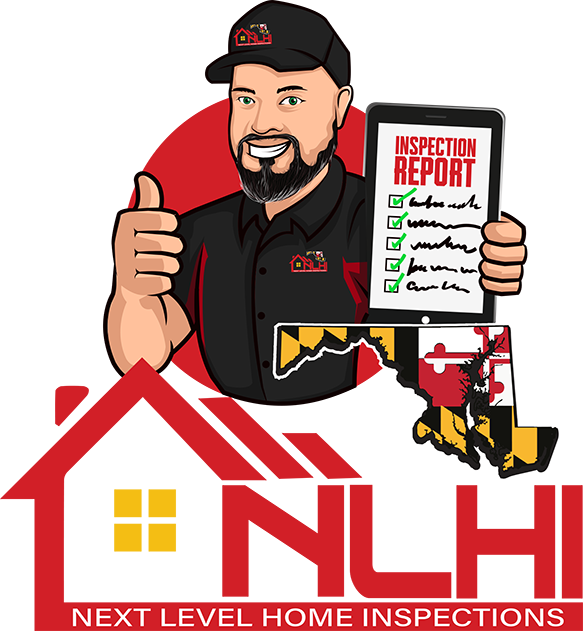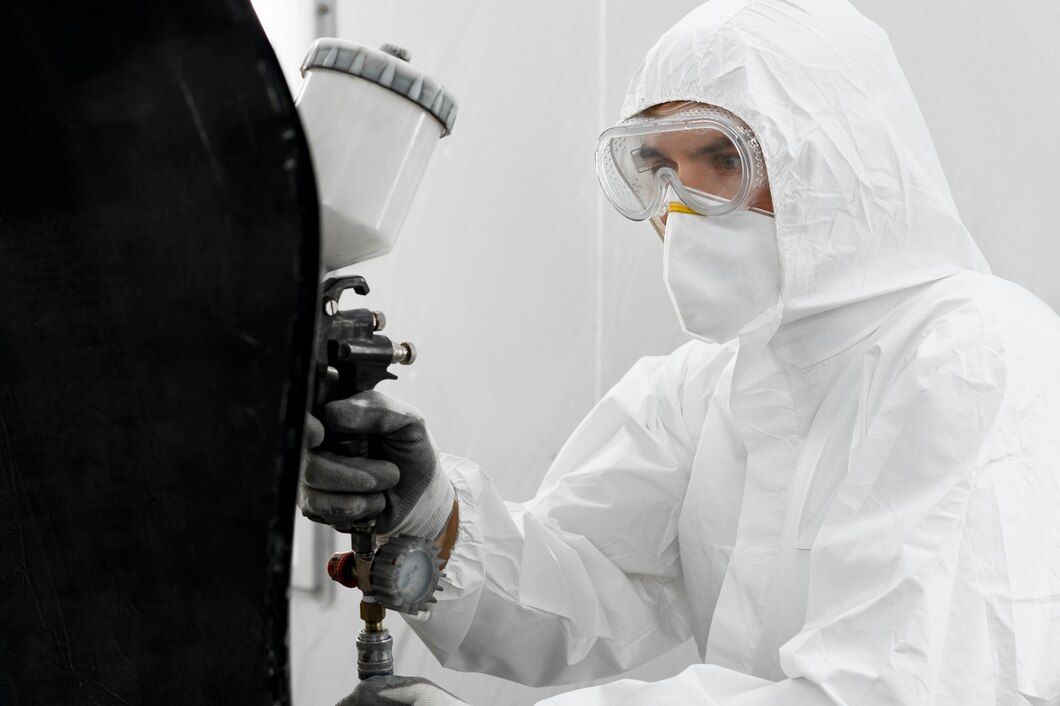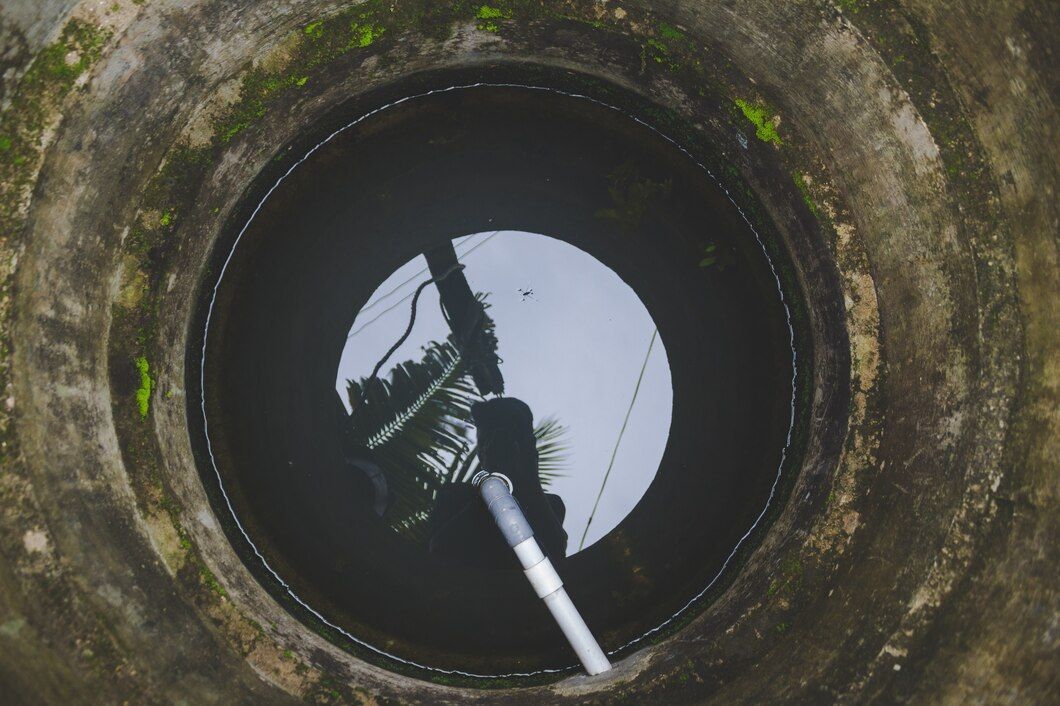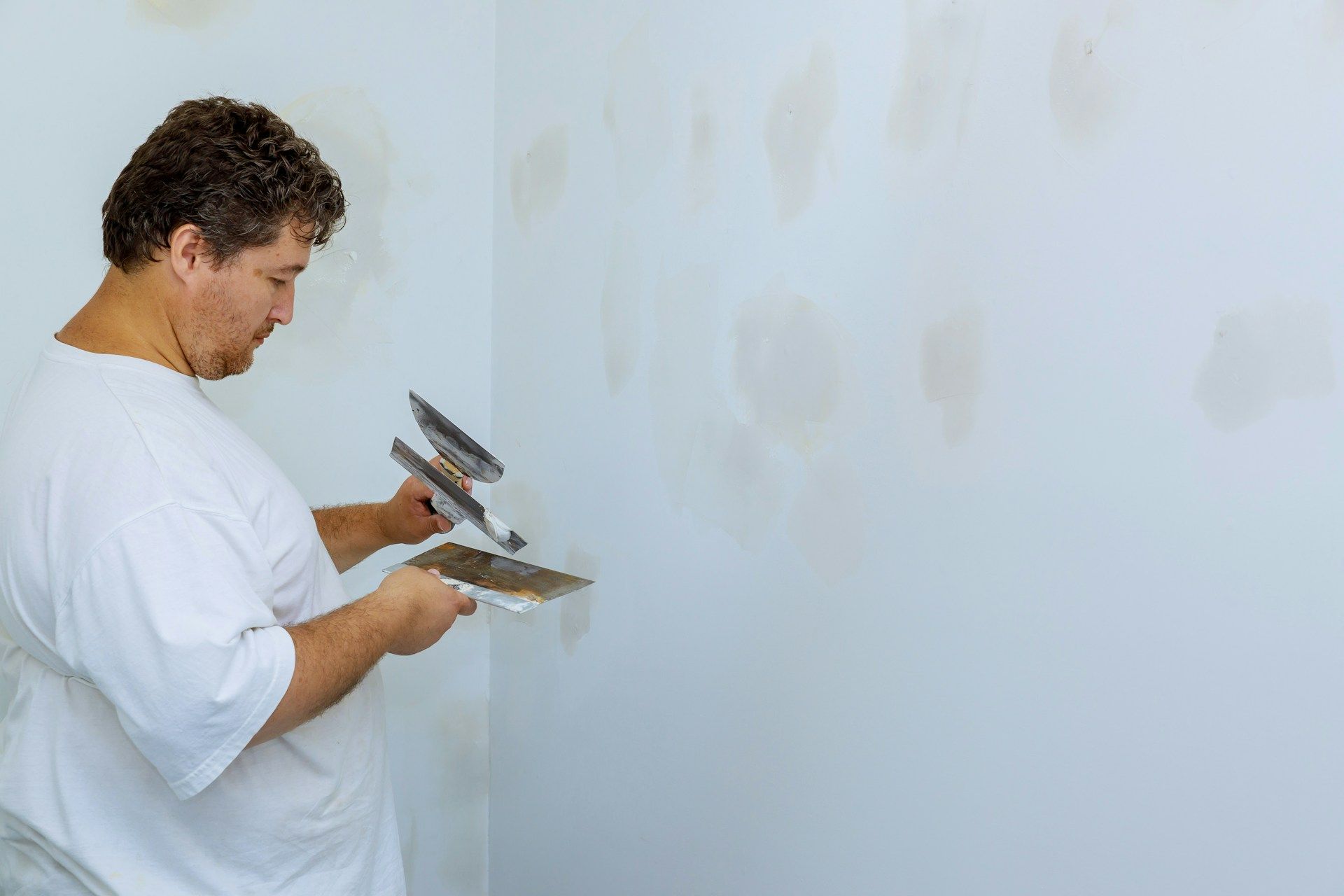What Fixes Are Mandatory After a Home Inspection?
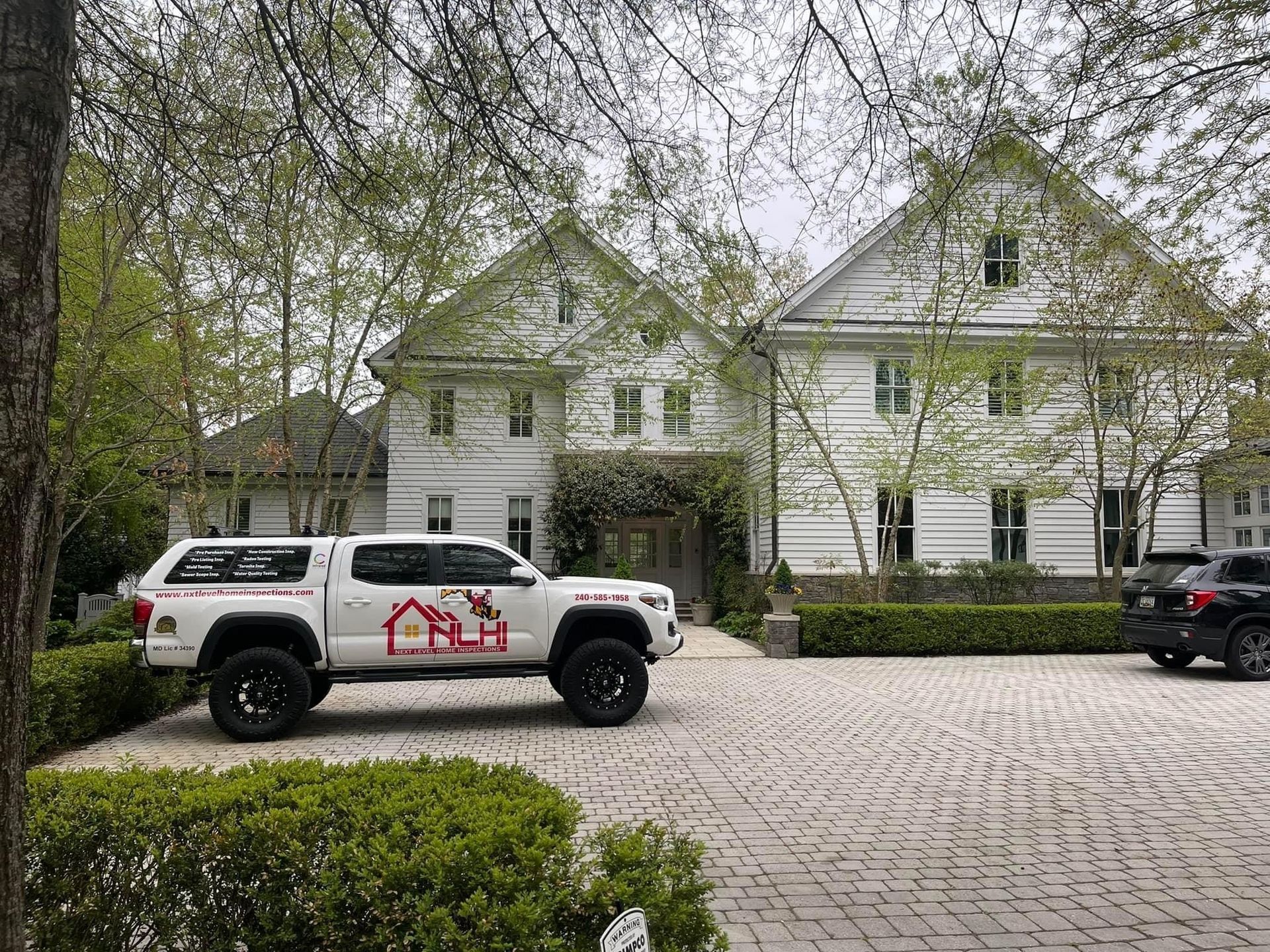
If you’re buying or selling a home, a professional home inspection is an essential part of the process. For sellers, accepting an offer is only just the start of the selling process since almost every contract contains several contingencies, including a home inspection contingency. This special provision allows the buyer to walk away from the contract if the buyer requests repairs on one or more issues raised by the inspection report and the seller doesn’t make them.
So, what fixes are mandatory after a home inspection? It depends and varies from sale to sale. While no homeowner is legally obligated to make any repairs after the home inspection, in many cases a deal won’t go through if major fixes aren’t made. Failing to make certain repairs could cause a potential buyer to back away from a deal, and lenders also may require some repairs before they release funds to finance a home purchase.
Here’s a brief guide to the home inspection process, including the types of things home inspectors look for, and some of the common repairs that buyers may request that sellers cover.
What is a home inspection?
A professional home inspection is part of the selling process for many homes. A trained and licensed home inspector—often paid for and chosen by the buyer—performs a comprehensive check-up on a home after the contract is signed by both parties, before closing occurs. The inspector checks every detail of a home, including electrical systems, plumbing systems, HVAC components, windows and doors, insulation, safety features, appliances and more.
Buyers appreciate detailed home inspections, like the comprehensive reviews performed by the experts at Next Level Home Inspections, because they pinpoint any potential problems or issues that will need to be fixed—either immediately or in the future.
What comes after the home inspection? Armed with an inspection report, the buyer can request or mandate repairs. If sellers disagree and choose not to make one or more repairs, the buyer has the option to terminate the deal.
Common fixes mandatory after a home inspection in Maryland
The main reason why home inspections are important is because they detail a property’s current condition and pinpoint current and potential problems and repairs that will likely occur. While sellers are not obligated outright to complete any fixes or repairs that appear in a home inspection report, failing to make certain major repairs can be a deal-killer. Not only could it lead to the buyer walking away from the sale, it can also prevent funds from being released by lenders.
Some of the major repairs after the home inspection that are often required by buyers when they appear in a home inspection in Maryland include:
- Structural repairs: Costly problems like structural repairs often jeopardize a buyer’s financing. Inspectors look closely for building code violations, safety issues or structural defects in a home’s chimneys, foundation, framing and roof, and while fixing these problems isn’t mandatory, when a seller refuses to fix them, it can quickly shrink the pool of interested buyers for the property.
- Aging roof: If a home’s roof is near or has reached the end of its useful life, sellers can expect most buyers to either request a full roof replacement before closing the deal or— more commonly—a price adjustment that allows them to complete the repair after the
sale. Detailed home inspections often spend a lot of time focused on the envelope of the building, which includes the roof.
- Aging HVAC: Like the roof, the home’s HVAC system has an expected useful life, and buyers often request HVAC repair or replacement if the system is nearing the end of its lifespan. The home inspection process will involve thorough testing and observation of the HVAC system in action. Offering a home warranty is often a more affordable solution to replacing an HVAC system, as long as buyers are willing to consider one.
- Pest infestations: While home inspections typically don’t include comprehensive pest inspections, professional inspectors are always on the lookout for signs that show the presence of two troublesome pests: termites and rodents. Buyers often request a specialized pest inspection if signs of pests are discovered in a whole-home inspection. In general, sellers should strongly consider remediating any damage caused by a pest infestation, but only after they take steps to ensure the pest problem is removed.
- Mold and water damage: A common point of contention following a whole-home inspection is water damage. While typical inspections often don’t include explicit tests for mold, any water intrusion can scare away many buyers. If water intrusion is found
during an inspection, most sellers will agree to fix areas of the home where the issue occurs, as well as take steps to remediate mold if it exists.
- Electrical issues: When electrical issues arise in an inspection, buyers always take notice. Electrical problems increase a home’s fire risk, and sellers should take steps to remediate any problems that pose a fire hazard. Not only do these problems jeopardize a home sale, they’re also a risk to anyone living in the property.
- Plumbing issues: Major plumbing issues that appear in a home inspection report often must be handled by the seller. After all, no homebuyer wants to move into a home with leaky pipes or a backed-up sewer line. Water leakage issues; cross-connection issues; and broken or cracked pipes result in write-ups on an inspection report, and buyers usually request the seller to cover them.
- Septic system: If your home relies on a septic system to handle wastewater, any problems with the system or components will likely need to be fixed before closing.
Common after-inspection repairs that aren’t required
Beyond the essential repairs listed above, buyers often ask for repairs, replacements, credits and other considerations on items that affect the overall livability of the property. Most buyers are looking for move-in ready houses, so they’re not interested in completing a long list of fixes that must be done before they can fully enjoy life in the home. Sellers can determine whether they handle these repairs themselves, or they can offer concessions like paying for a home warranty or offering a discounted sales price so the buyers can pay for the repairs themselves.
Some of the most-requested after-inspection repairs include:
- Appliances: Major appliances—like refrigerators, ovens, dishwashers, laundry machines and more—that aren’t in working order will affect a home’s livability, so buyers will often request them to be repaired or replaced. Appliances that don’t come with the home aren’t included in this, so buyers need to be sure to note the ones that are included before the inspection process—ideally before signing the contract.
- Doors and windows: Not only can broken or rotting seals around doors and windows affect a home’s energy efficiency, but it can also lead to pest infestations. Problems with double-pane windows often arise in inspection reports since failing seals cause moisture and fogging between the panes. While this fix usually isn’t a deal-breaker, it’s one that buyers can include in a list of repair requests before closing on a property.
- Minor plumbing issues: While major plumbing issues, like those described in the section above, should be addressed by the seller before closing, less-critical plumbing problems can arise in several places around the house. A buyer may request the seller to fix issues like slow drains, problematic water pressure and problems with the water heater. Buyers don’t want to move in and worry about water pressure, hot water or potential plumbing issues arising down the line, so it's a smart idea for sellers to make these simple yet important fixes.
Repairs buyers shouldn’t bother asking for
While home inspections can bring a wide range of existing and potential issues to light, buyers shouldn’t focus on every little defect that a home inspection report contains. Buyers should think strategically about the repairs they’ll ask for—a long list of demands could sour a deal or it could even lead to pushback on a seller making any repairs at all.
Some of the things buyers should fix or correct themselves includes:
- Cosmetic issues: If you’re buying an existing home, there are undoubtedly some cosmetic issues you’ll need to content with. From dingy carpet to scuffed-up walls, outdated plumbing fixtures and more, it’s often up to the buyer to deal with these simple cosmetic issues.
- Non-essential or simple repairs and replacements: Unless you’re buying a brand-new house, every home has its share of typical wear and tear. Buyers should only request repairs or replacements that truly affect the health and safety of occupants of the home once they move in. Examples of some of the minor fixes buyers should take on themselves include replacing the smoke detectors; replacing broken or missing electrical plates; landscaping items and more.
Before you close, get peace of mind with a professional home inspection
A comprehensive home inspection is a critical part of the homebuying process. The things home inspectors look for aren’t always top-of-mind for eager buyers, which can lead to trouble down the road if they’re overlooked. Home inspections protect buyers, highlighting current and potential future problems that could turn what appears to be an ideal home into a money pit that needs extensive repairs. It’s just one of the many reasons why home inspections are important.
If you’ve found a great home and you need a
professional home inspection in Maryland,
Next Level Home Inspections in Pasadena, MD is standing by to help.
Contact us today to learn more about the
home inspection process and what comes
after the home inspection.
